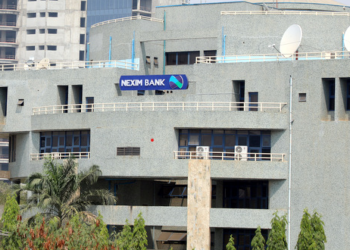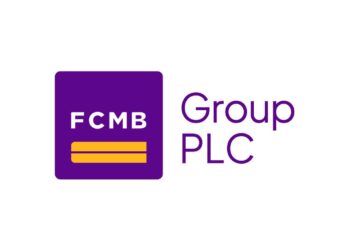Stakeholders are calling for Nigeria’s removal from the grey list of Financial Action Task Force (FATF), with a view to reducing high transaction costs for remittance flows.
Being placed on the grey list signifies that a country is under intensified scrutiny by the FATF due to identified strategic deficiencies in its systems to combat financial crimes.
During the 2024 World Bank/IMF Spring Meetings on Wednesday, stakeholders convened at a roundtable organised by the Central Bank of Nigeria (CBN) focused on enhancing remittance flows into Nigeria.
The event took place in Washington D.C., USA. It featured a mix of domestic and international stakeholders, including major players like Lemfi, Flutterwave, J.P. Morgan, Remitly, VertoFx, Interswitch, BudPay, Makeba, TapTap Send, Visa, Venture Garden Group, and Ventures Platform.
The discussions were primarily aimed at addressing the challenges and opportunities to facilitate greater remittance flows through formal channels, with a strong advocacy for Nigeria’s removal from the FATF’s grey list to potentially reduce transaction costs significantly.
Expanding Payout Options
In February 2024, the CBN implemented a policy that placed a ban on dollar and other foreign currency payouts for international transactions.
This came after the introduction of a naira payout option for diaspora remittances about seven months prior.
Stakeholders at the CBN roundtable stressed the necessity of offering diverse payout options for remittances, advocating for the availability of both naira and USD settlements to cater to varying preferences and enhance convenience for remitters.
Restrictions on Outbound Remittance
Also, the CBN revised its guidelines for international money transfer operators (IMTOs), effective January 31, 2024, restricting them to only inbound transfers and halting outbound transfers.
This change marks a significant shift from the 2014 guidelines which allowed IMTOs to handle both inbound and outbound international money transfer transactions.
IMTOs at the roundtable called on the CBN to reconsider this restrictive measure, suggesting that enabling outbound remittance flows would support more seamless financial transactions. They also proposed that IMTOs should be allowed to sell directly into the Nigerian Autonomous Foreign Exchange Market (NAFEX) to streamline remittance processes further.
More Insights
- A World Bank report in 2023 highlighted the high cost of sending money to Nigeria and other Sub-Saharan African countries, noting that the region remained the most expensive globally for remittances, with fees reaching up to 36% for every $200 sent.
- In response to Nigeria’s ongoing challenges related to the FATF Grey List, both the Economic and Financial Crimes Commission (EFCC) and the Nigeria Financial Intelligence Unit (NFIU) are intensifying efforts to improve Nigeria’s compliance with global anti-money laundering and counter-financing of terrorism standards (AML/CFT). The agencies hope to take Nigeria out of the grey list and prevent the looming threat of an international blacklisting in May 2025.
- In a recent report, the Inter-Governmental Action Group against Money Laundering (GIABA)noted that “Nigeria has not explicitly criminalised the financing of foreign terrorist fighters.”
- However, the country has made some progress. For instance, the CBN recently issued draft guidelines for bureau de change (BDC) operators in Nigeria aimed at aligning their operations more closely with international AML/CFT standards, in accordance with FATF requirements. This move is part of broader efforts to prevent potential international blacklisting and improve the overall integrity of Nigeria’s financial system.

























